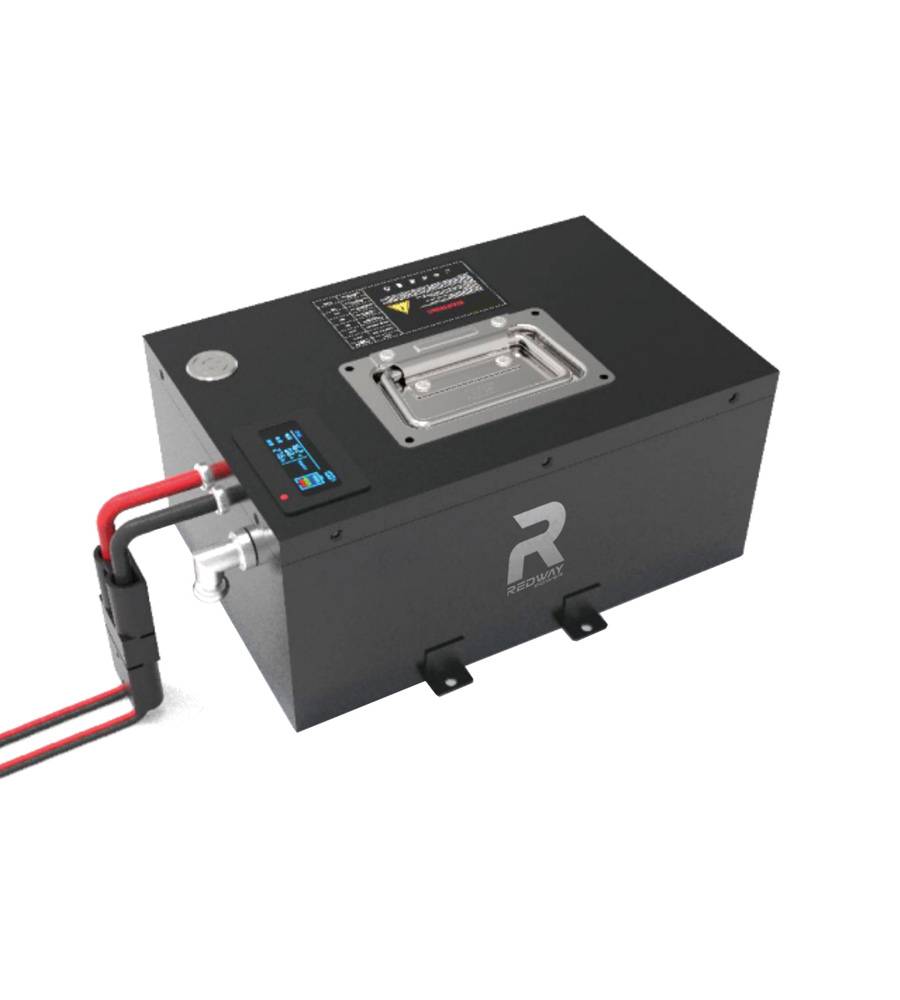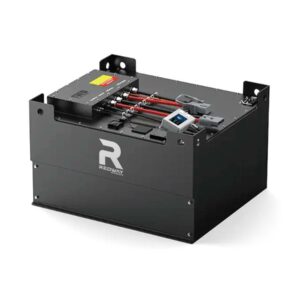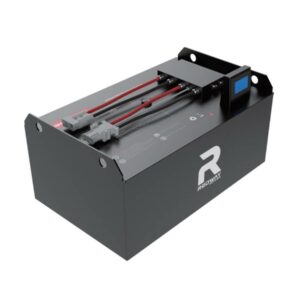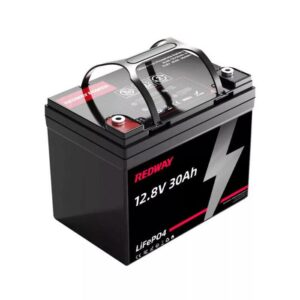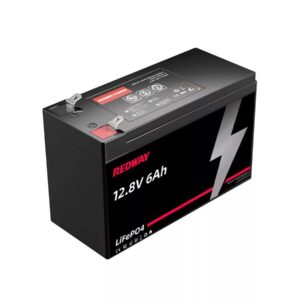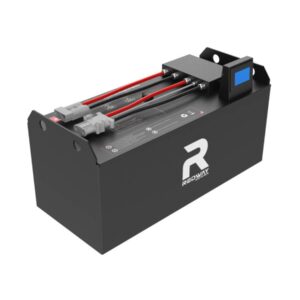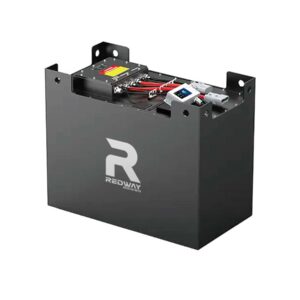Description
Our 24V 60Ah LiFePO4 Forklift Battery is a cutting-edge lithium battery solution engineered for demanding material handling and industrial applications. As a trusted lithium battery manufacturer, we specialize in OEM and wholesale solutions that deliver unmatched energy efficiency, safety, and cost savings for modern warehouses and logistics operations.
Key Features
High Energy & Extended Runtime: 24V/60Ah configuration provides 1440Wh energy output, supporting uninterrupted shifts with rapid recharge capability.
Ultra-Durable Design: 2000+ cycles at 80% depth of discharge (DOD), tripling the lifespan of traditional lead-acid batteries.
Space-Saving Portability: Compact 520¡Á269¡Á208mm footprint and 15kg weight enable seamless integration into tight forklift compartments.
Advanced Safety System: Built-in BMS with real-time monitoring for overcharge, temperature, and short-circuit protection.
Product Description
Designed for OEM partners and industrial buyers, our 24V 60Ah LiFePO4 Forklift Battery combines military-grade thermal stability (-20¡ãC to 60¡ãC operation) with IP65-rated dust/water resistance. The modular lithium architecture supports 30A continuous/90A peak discharge, ideal for high-intensity pallet handling. Proprietary cell balancing extends annual capacity loss to <3%, backed by a 5-year performance warranty.
How Does a 24V 60Ah Lithium Forklift Battery Improve Operations?
A 24V 60Ah lithium forklift battery delivers efficient, reliable power with longer cycle life and faster charging than lead-acid batteries. It reduces weight, maintenance, and downtime, enhancing forklift performance and operational efficiency in warehouses and industrial settings.
What are the key specifications of a 24V 60Ah lithium forklift battery?
This battery features a nominal voltage of 24V and a capacity of 60Ah, providing approximately 1.44 kWh of energy. Typical dimensions are 520 x 269 x 208 mm, weighing around 15 kg. It supports continuous discharge currents up to 30A and peak currents up to 90A. The battery casing is ABS or iron with IP65 rating. Certifications include CE, ISO, UN38.3, and MSDS. Communication protocols such as RS485 and CAN bus are supported.
How does a 24V 60Ah lithium forklift battery operate?
Lithium forklift batteries convert stored chemical energy into electrical energy to power forklift motors and hydraulics. The integrated Battery Management System (BMS) monitors and manages voltage, current, temperature, and state of charge to optimize performance and safety.
What advantages do lithium forklift batteries offer over traditional lead-acid batteries?
Lithium batteries offer faster charging (typically 1.5 to 3 hours vs. 8 hours), longer cycle life (3500+ cycles vs. 1000-1500), lighter weight (around 40% less), zero maintenance, higher energy efficiency (up to 99%), and consistent voltage output, reducing downtime and operational costs.
How long is the typical lifespan and cycle life of a 24V 60Ah lithium forklift battery?
These batteries typically provide over 3500 charge cycles at 70% depth of discharge, translating to 7-10 years of service life, significantly outperforming lead-acid batteries.
How fast can a 24V 60Ah lithium forklift battery be charged?
Lithium forklift batteries can be fully charged within 1.5 to 3 hours using compatible chargers, enabling multi-shift operations without long downtime.
What safety features are integrated into lithium forklift batteries?
The BMS protects against overcharge, over-discharge, short circuit, overcurrent, and temperature extremes. Advanced thermal management and cell balancing enhance safety and battery longevity.
What applications are best suited for 24V 60Ah lithium forklift batteries?
Ideal for medium-duty forklifts, reach trucks, pallet jacks, and warehouse equipment, these batteries improve operational efficiency in logistics, manufacturing, and distribution centers.
What environmental conditions can a 24V 60Ah lithium forklift battery withstand?
Designed for industrial use, these batteries operate reliably between -20°C and 60°C and feature IP65-rated enclosures for dust and water resistance.
How does the lighter weight of lithium batteries impact forklift operations?
Reduced battery weight decreases forklift total mass, improving maneuverability, reducing floor wear, and enabling easier battery handling and replacement.
What communication protocols support battery monitoring and management?
Protocols like RS485, CAN bus, and Bluetooth enable real-time monitoring of battery status, facilitating predictive maintenance and integration with fleet management systems.
How does lithium battery technology improve overall forklift efficiency?
Lithium batteries provide consistent power output, faster recharge times, longer lifespan, and reduced maintenance, resulting in increased uptime, lower total cost of ownership, and improved workplace safety.
Chart 1: Lithium vs. Lead-Acid Forklift Battery Comparison
| Feature | Lithium (24V 60Ah) | Lead-Acid (24V 60Ah) |
|---|---|---|
| Cycle Life (Cycles) | 3500+ | 1000-1500 |
| Charge Time (Hours) | 1.5 – 3 | 8 |
| Weight (kg) | 15 | 25-30 |
| Maintenance | None | Regular watering |
| Efficiency (%) | Up to 99 | ~80 |
Chart 2: Operating Temperature and Environmental Protection
| Feature | Specification | Benefit |
|---|---|---|
| Operating Temp. | -20°C to 60°C | Reliable in industrial environments |
| IP Rating | IP65 | Dust and water resistant |

